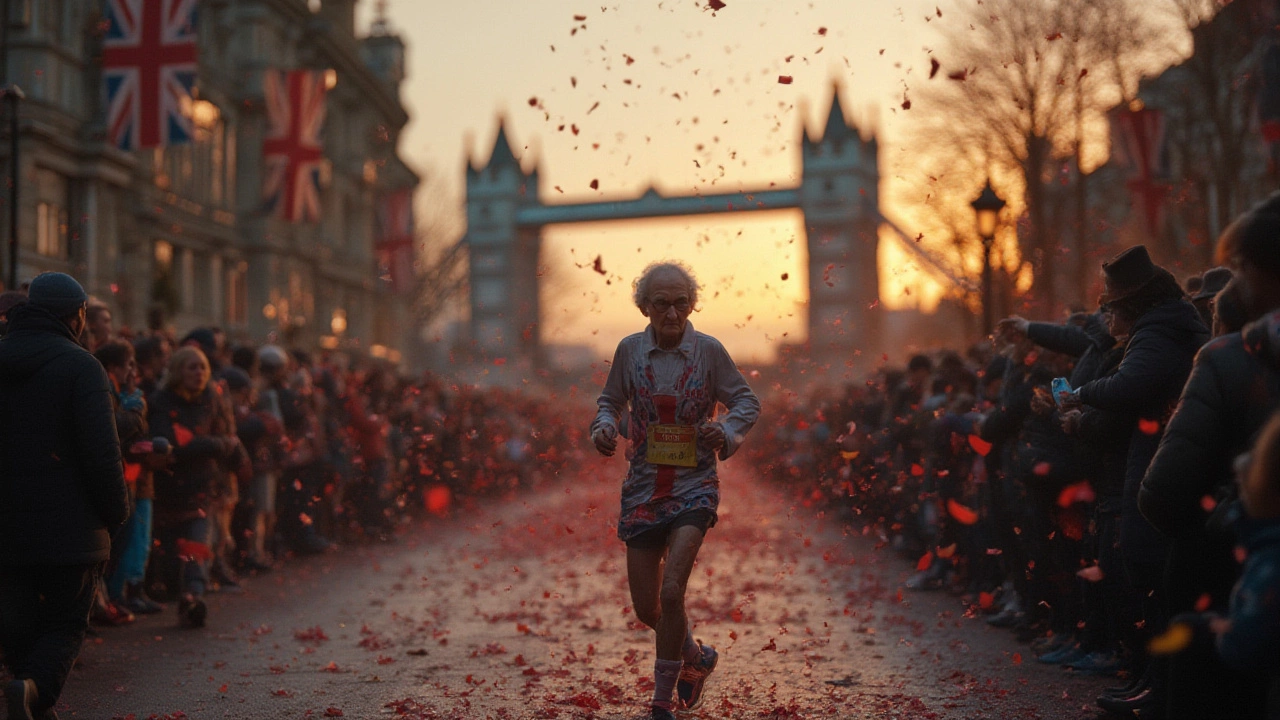Marathon Record Basics – What Counts as a Record?
When you hear the word "record" you probably think of the fastest marathon ever run. That’s the world record, but most of us care about personal records, age‑group records, or the qualifying times for big races. A record is simply the fastest time officially recorded for a distance, and it can be set by any runner who follows the race rules.
World records are kept by World Athletics and are usually set at flat, fast courses with ideal weather. For men, the current record is just under 2:01, and for women it’s a little under 2:15. Those numbers are amazing, but most runners aim for a personal best that feels realistic for their training level.
How to Measure Your Marathon Performance
First, you need a certified race. Only times from officially measured courses count as records. If you run a club race that isn’t measured, you still get a great time, but it won’t be an official record.
Second, pay attention to pacing. Divide the marathon distance (26.2 miles) by your target time to get the average mile pace you need. For a 4‑hour marathon, that’s about 9 minutes per mile. Keeping that pace for the whole race is the real challenge.Third, use a timing chip or GPS watch that’s accurate to a few seconds. Small timing errors can make the difference between a record and a missed mark, especially for age‑group records that are often within a minute of each other.
Tips to Improve Your Marathon Time
1. **Build a solid base** – Run steady mileage for at least 12 weeks before you start speed work. Your body needs the endurance to hold a faster pace for 26 miles.
2. **Add interval sessions** – Short, fast repeats (like 800 m or 1‑mile repeats) boost your speed and teach your body to clear lactic acid faster. Do these once a week.
3. **Practice race‑pace miles** – During long runs, include a stretch at your goal marathon pace. This gets your legs used to the exact effort you’ll need on race day.
4. **Do a dress rehearsal** – Run a half‑marathon at your target pace a few weeks before the big day. It shows you where you might struggle and lets you tweak nutrition.
5. **Mind your nutrition** – Practise taking gels or sports drinks during training. Running on an empty stomach can slow you down, while over‑eating can cause stomach issues.
6. **Rest and recover** – Your fastest weeks are often followed by a lighter week to let the body adapt. Skipping recovery means you’ll hit a wall on race day.
Finally, set a realistic goal. If you’ve never broken 5 hours, aim for a sub‑5‑hour record first. Once you hit that, move the goalpost a little lower. Each new personal record feels like a mini‑world record for you, and that feeling keeps you motivated.
So, whether you’re chasing a world‑record dream or just trying to shave a few minutes off your personal best, remember the basics: run on a certified course, know your target pace, and train smart. Follow these steps and you’ll be on the right track to set your own marathon record.
Slowest Marathon Time Ever: True Stories and Strange Records in Marathons

Uncover the slowest marathon time ever recorded, the tales behind incredible marathon delays, and what these unusual finishes teach us about the spirit of running—plus plenty of helpful marathon trivia.
